
As spring break approaches and the allure of sun-kissed beaches beckons, it's essential to arm yourself with knowledge about one of the ocean's most formidable hazards: rip currents.

She completed her Bachelor Degree in Meteorology at the Higher Institute of Applied Sciences and Technologies University (InsTEC) in Havana, Cuba in 2015, where she worked as a professor of Mathematical Analysis and Applied Statistics until 2016. From 2017 to present she is part of the team of meteorologists at Telemundo 51, where she does daily weather reports and participates in the coverage of different meteorological events such as hurricanes, severe weather, among others, with the aim of keeping the South Florida community informed and alert. Dainet Sierra shares her passion with programming, which is why she pursued her master's degree in Computer Sciences at Florida International University (FIU) in 2022. In her free time she loves to learn about technology, artificial intelligence, meteorology and astronomy. She also enjoys the company of her four-legged friends Drogon and Rhaegal.

As spring break approaches and the allure of sun-kissed beaches beckons, it's essential to arm yourself with knowledge about one of the ocean's most formidable hazards: rip currents.

Every four years, we encounter an anomaly in our calendar—a day is added to the month of February. This phenomenon is known as a leap year. But what exactly is a leap year, and why do we have it?
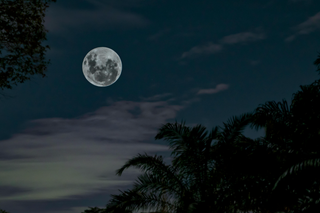
But, would this mean there is more snow in the forecast? And why it is also presented as a Micromoon? Let’s find out in this a-moon-sing article.
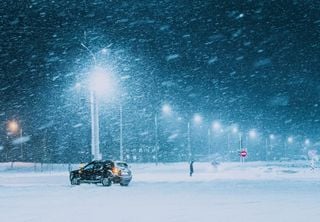
Naming winter storms has gained some popularity over the years within the meteorological community. But, why do meteorologists name winter storms, and how does this practice aid in tracking severe weather events? Let’s find out!
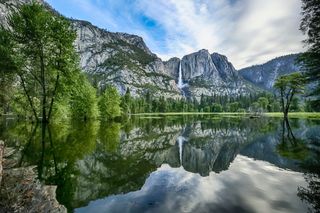
This iconic park, known for its breathtaking landscapes and awe-inspiring vistas, becomes even more magical during the last two weeks of February. Explore with us this natural spectacle.
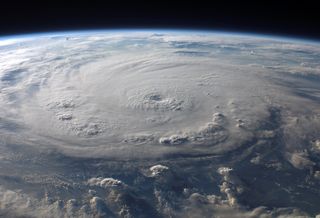
Driven by the necessity to highlight the different hazards posed by tropical cyclones, these experimental changes are planned to be implemented in the upcoming hurricane season. Let’s take a look at what exactly is changing with the cone.
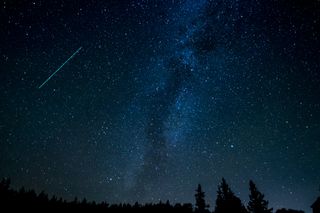
Whether you're an experienced astronomer or a casual observer, take advantage of the clear winter nights to explore the celestial events that will grace our heavens during this captivating month.
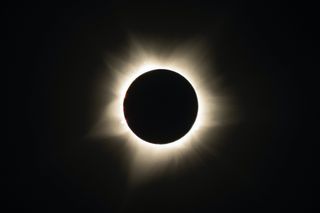
Beyond its aesthetic charm, this astronomical event is expected to have fascinating repercussions on the natural world, particularly in the realms of animal behavior and weather patterns.
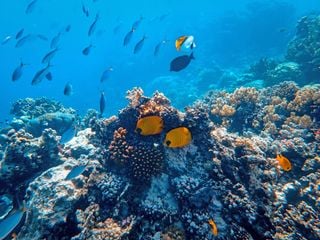
Beneath the vast and mysterious oceans of the world lies a phenomenon that has intrigued marine scientists for decades. Embark with us on a journey through the captivating world of marine snow.

Every year an ozone hole develops over the Antarctic region due to the existence of ozone-depleting substances in the stratosphere. The eruption of the Hunga Tonga Ha’apai volcano may have played an important role in this September record.
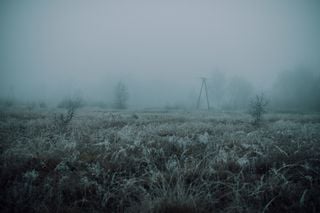
As the leaves change colors and the moon shines brightly, allow yourself to be swept away by the enchantment of Spooky Season. Here is a glimpse into the fascinating world of ghost towns in the United States.

In this mission, NASA intends to further study the effect that eclipses and the consequent decrease in sunlight have in our upper atmosphere.